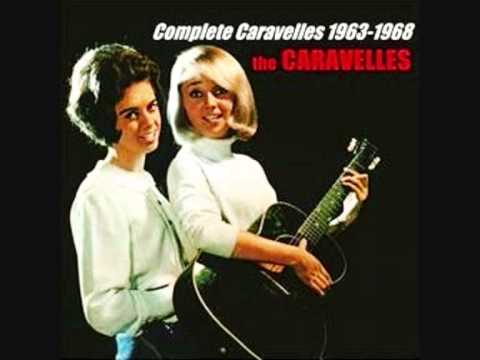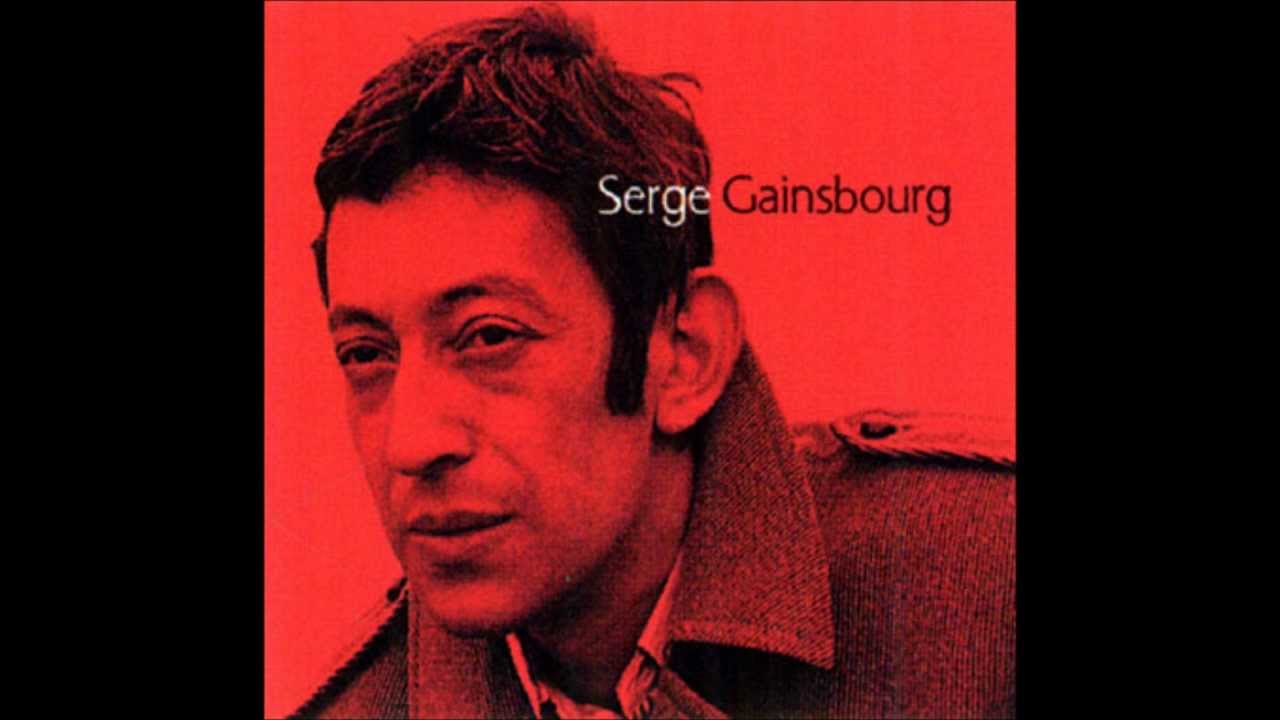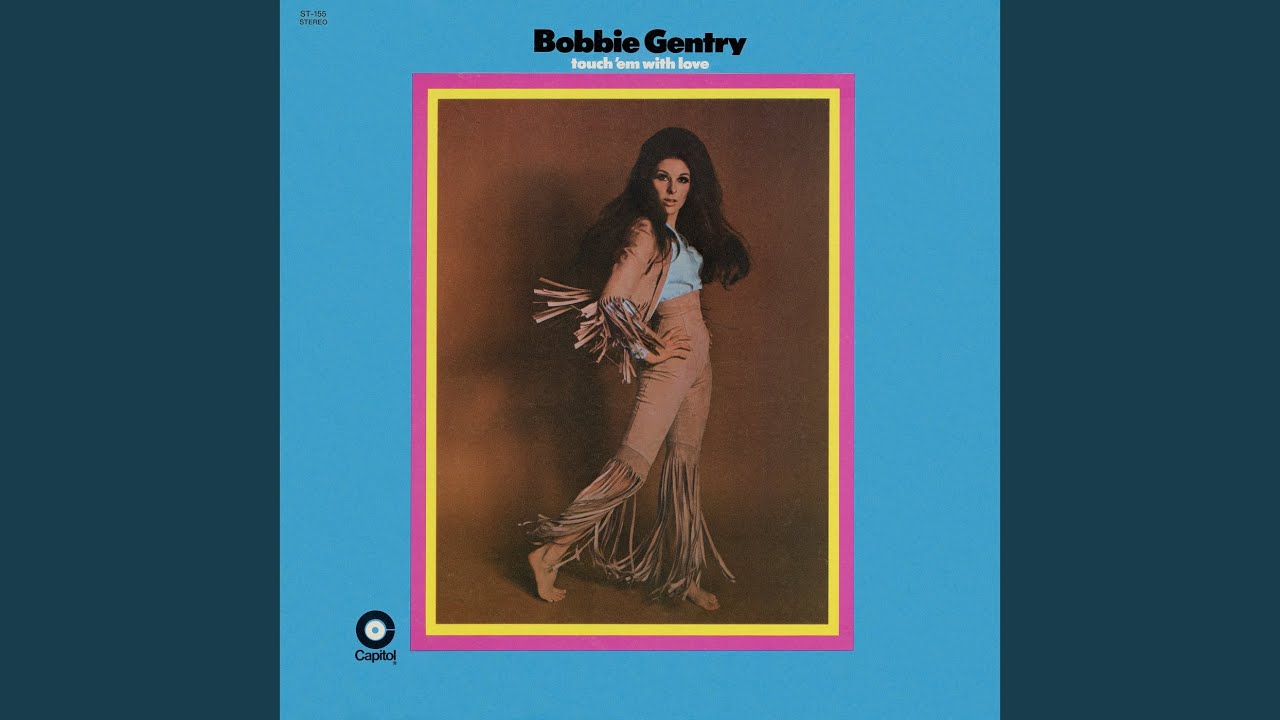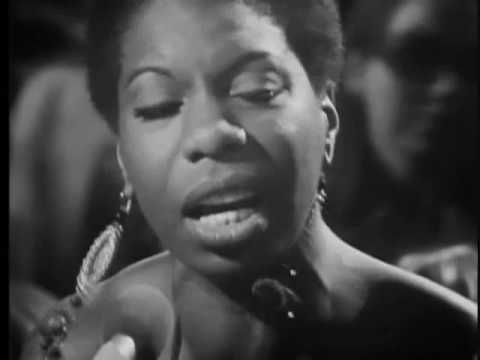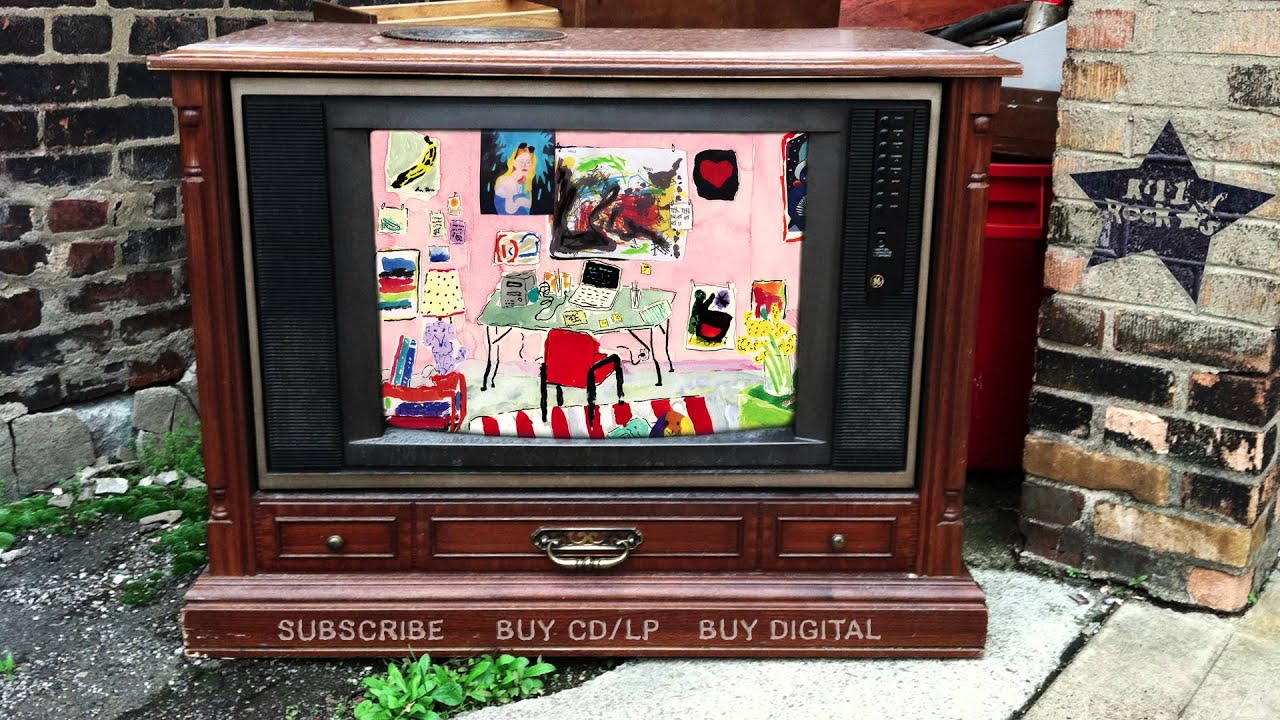Photo: Jason Kirker
For some reason – brain damage, I believe – my listening habits have changed significantly since I got sober six years ago. While before I was one of those young people combing Pitchfork reviews and hardcore zines and listening to everything that seemed new and important, and someone for whom certain records were crucial to emotional hygiene, and someone who partially chose records to impress the guy at the record store register (19-year-old buying Big Black and Charles Mingus records, hello!), during the worst years of active alcoholism, I stopped listening to music entirely.
It was a serious change of habit for someone like me, who had started studying violin at 5 and had studied jazz trombone at the Carnegie Mellon University conservatory school. I didn’t even notice this psychic death had occurred until I emerged from the fog at around 60 days clean and found myself crying all the time when I listened to, well, anything.
My capacity to love music did come back, but it came back in a strange way, and now I essentially sort of listen to one song at a time. My obsessive songs last for a few months; I’m not sure why they eventually fade away. I started writing this novel early in sobriety, when I was still building a bridge back to the rest of the world, so the soundtrack to Marilou Is Everywhere is a list of these obsessions.
‘Tonight You Belong to Me’ by the Caravelles
I don’t mind admitting that my earliest ambitions for Marilou Is Everywhere were commercial. I know that might sound crass, but I swing for the fences and I want as many people as possible to read my book. I don’t just want to write for the angels. I want to be read by the living, I want to see my book in a paperback display at the grocery store. I want the big microphone.
And so, strange as it might sound, I began finding the book’s mood by imagining its film adaptation trailer, and in that trailer, at least to my mind, ‘Tonight You Belong to Me’ is twinkling away in the background. I’ve always loved the irony of certain deployments of saccharine ’60s pop in darker settings – blame David Lynch, I guess – and the Caravelles’ version of it sounds wide-eyed enough to background something truly bleak.
Before I knew anything else about the plot of my novel, I knew that it centred on a character whose self-loathing made her dangerous. Cindy’s mother has left for an unexplained and indeterminate amount of time, leaving Cindy in the dubious care of her older brothers Virgil and Clinton. More than anything, Cindy is looking to belong, and she’s willing to to horrifying things in the service of that desire. "Tonight You Belong to Me" sounds at first like a sweet, yearning song, but it reveals its more sinister ambitions in the word "belong."
‘Marilu’ by Serge Gainsbourg
The book gets its title from a bit of teenage graffiti in the high school choir room, where Virgil Stoat writes MARILOU IS EVERYWHERE on the wall as an homage to his girlfriend, Jude. Marilou and Cletus are the nicknames Jude and Virgil use to entertain each other, pretending to be fine, fancy people unlike anyone else in their rural high school. And, at least subconsciously, Serge Gainsbourg furnished the nickname through this song, which epitomises the kicky, new wave cinema escapism I yearned for as a teenager.
I was always performing for an invisible audience. Who knows where I got such a quality, but it seemed to be a means of perpetual self-entertainment. If nobody was around to watch me or see what I was doing, it didn’t matter – but if an invisible watcher was there, every moment was subject to the elastic energy of watching and being watched. I don’t recommend this habit as a means of developing authentic self-expression or relationships, but it will definitely make you into a writer.
When Jude disappears, Virgil makes arrangements for Cindy, his sister, to step in as live-in help for Jude’s mother, whose alcoholic dementia makes her a danger to herself. She can’t resist stepping further and further into Jude’s life, but she denies it by claiming that she didn’t want to be Jude so much as Marilou, the cool, carefree vision of her. But there’s a troubling side effect of Cindy’s endless performance: It erodes the person underneath, and without a sense of who that inner self is, it’s impossible to love or to feel loved.
‘Back, Baby’ by Jessica Pratt
I kind of hate folky singery-songwritery music. It’s some sort of reaction formation, probably; raised by back-to-the-landers in the early ’80s, I grew up in a house with much Joni Mitchell and James Taylor, and I associate the sound of a calloused palm dampening acoustic guitar strings with an inescapable feeling of childhood lonesomeness. Pretty music puts me on edge; it makes me feel as if someone is trying to trick me. My tastes, when I’m listening to music for the sheer joy of listening, run to the crass and garish and bubble gum, the sludgy and antisocial. Do anything but try to soothe me.
But, for the sake of a book set in ruralia and overseen by a back-to-the-land matriarch, it seemed necessary to walk head-first into that childhood lonesomeness, and Jessica Pratt’s excellent On Your Own Love Again was an ideal touchstone. It sounds like a dream transmission from a dead ’70s radio station. You can’t tell if Pratt’s voice is high or low or some multisonic impossibility like Nico’s. The songs, especially ‘Back, Baby’, carry some recognisable folky imprints, but you can hear the way they’ve filtered through a contemporary consciousness. Safe word.
‘Touch ’em With Love’ by Bobbie Gentry
I know, I already copped to the commercial ambitions for my book, but the commercial is really a proxy for my true mission: to write a book that loves you, and for that book to love as many people as possible in the world. This sounds like an abstract ideal, but I think it’s possible when a book can hold what’s good and what’s horrible about people in equal measure. Isn’t that love, after all, when someone can see the worst of you and draw you close anyway?
There is a joy in the depth that shows from bringing out the light and the dark in characters, and I don’t really know how a song makes that possible, but I listened to this song for months, trying to find the pocket in it that soars into the chorus.
‘Ain’t Got No, I Got Life’ by Nina Simone
I was actually really upset when I figured out that this song was from the musical Hair (which I’ve never seen) because as the child of boomers, I have remained devoted to my fervent dislike of Things Aquarian (see above). But Nina Simone. Nina Simone. Nina Simone.
This song, I believe, illustrates the way miracles work: On the front side, it lists all the missing things. No home, no friends, no work, no job, no mind. No earth, no water. And it all sounds like the truth. But after the bridge, the key brightens and the lyrics list instead all of the things that are there even when all other matters of fortune have gone: the body, essentially. And yet there’s such joy in the sung catalog of body parts, which seems to pick up speed and power as it goes along. It’s a perfect illustration of the way a shift in perspective creates a miraculous change in consciousness.
Jude, the teenage girl who goes missing at the beginning of the book, is the only mixed-race person in her rural Appalachian community. Her disappearance reveals the community’s unspoken racist assumptions about her–she must have been mixed up in a drug deal, etc. Even though they’ve bent over backwards in the past to search for missing white girls, Cindy and the rest of them are just not looking that hard for Jude. To me, the book is a horror story about whiteness, although what’s most horrifying about it is how quietly it asserts itself. Nobody does something explicitly racist; their inability to imagine Jude’s situation properly, and take action, is the source of harm. It takes a shift in perspective to see this harm–which eventually allows Cindy to take responsibility for her actions.
White writers typically avoid writing about race in America. Getting it wrong means being pilloried online, and few are willing to risk it, which is a pity, because silence and fear of imperfection are two of white supremacy’s most powerful enforcers. But nevertheless, writing this book felt like breaking invisible rules, and I sought out the guidance of Nina Simone as one of the world’s great, fearless, no-bullshit souls.
‘For Ash’ by Marnie Stern
This one doesn’t have much to do with plot or subject matter; it’s a pep talk song for the impossible task of writing a novel. And writing a novel is, when you stand back and think about it, abjectly impossible. A story that goes on for how long? And comes from nowhere, in your mind? And you sit there listening to the empty air until the next word comes to you?
The fact that humans have done this magic act not once but millions of times completely shattered me. Often, during the early years of working on this book, I would go to the bookstore or library and fume at how many fucking books there were. How could this possibly be? What was I doing?
From its first galloping notes, ‘For Ash’ sounds like someone preparing to charge up a mountain, mounting an assault on something larger than themselves. Even though it’s noisy, this is an elegy for an ex-boyfriend who committed suicide–although even without knowing that, I think you can feel the whole-hearted effort of someone striving to connect, striving to say a word hard enough to make it travel through space and time to its target. Like nearly all Marnie Stern songs, this one is a math rock-y collage of elaborate finger tapping riffs, but here, they reach a pinnacle in the chorus where they climax in a big, empty space that fills immediately with break beats.
The song feels like someone hurling their whole heart, the best of themselves, into the unknown–an act of love. That space in the chorus might as well be the space between people, the space that words travel through. It should be impossible that they find a home on the other side. But (a miracle again) they do.
Marilou Is Everywhere by Sarah Elaine Smith is published by Hamish Hamilton


